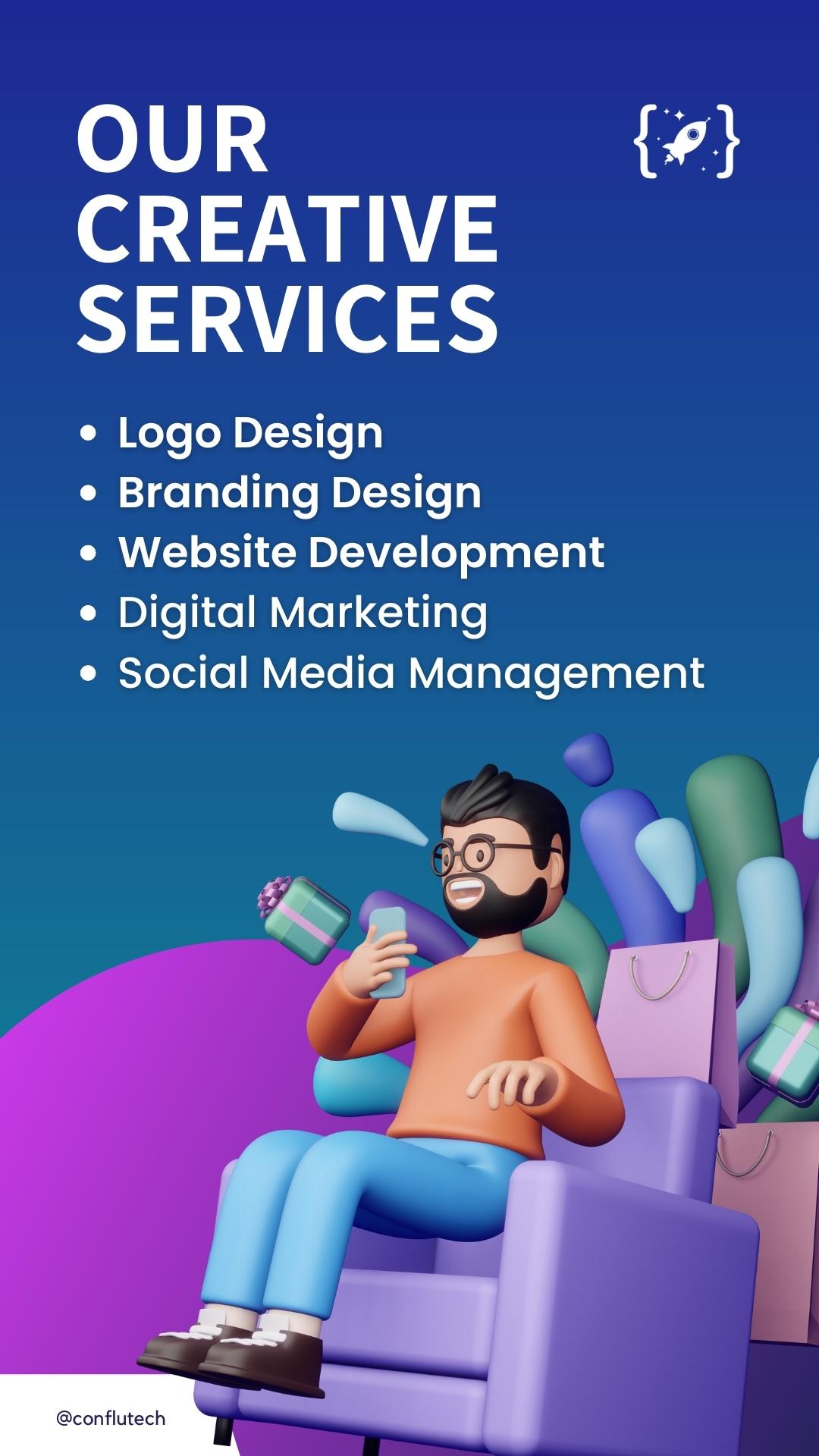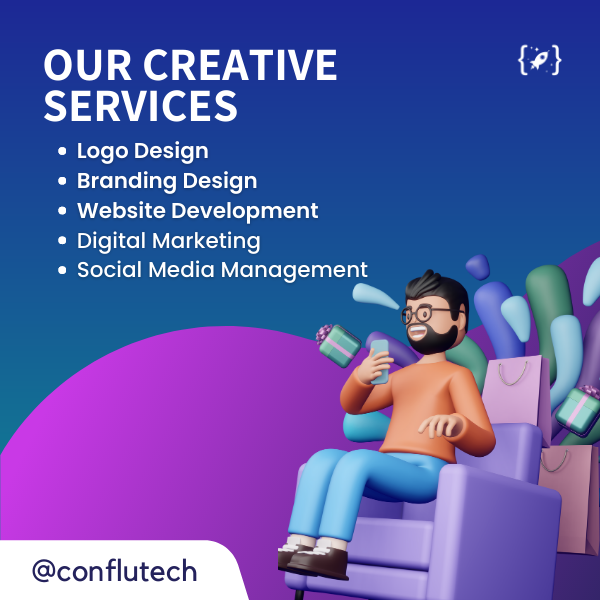Social media has become an important tool for businesses to connect and engage with their customers. As more people turn to digital platforms for information, companies must adjust their marketing strategies to include social media. With the right strategy and tools, businesses can use social media to reach their target audiences and build brand loyalty.
An effective online marketing strategy should integrate social media into a larger plan of action that includes SEO, content creation, SEM, email campaigns and other tactics. Social networks such as Facebook, Instagram, Twitter and LinkedIn all provide unique opportunities for marketers to interact directly with consumers. Companies can use these networks in order to understand customer habits, anticipate needs and create compelling content that resonates with their audience. Additionally, by increasing visibility on the web via sharing posts or blog entries on relevant websites or forums helps increase brand recognition and establish trust with potential customers.
Benefits of Social Media
From connecting with customers to increasing brand awareness, there are many benefits of using social media for your business. This article will explore the role social media plays in your overall marketing strategy and examine some of the advantages it can provide.
Using social media to promote your business has become increasingly popular in recent years, with platforms such as Twitter, Facebook, and Instagram becoming invaluable for engaging with potential customers, creating brand awareness and driving website traffic. With its ability to reach a huge audience quickly and efficiently, it’s no surprise that so many businesses are turning to these platforms as part of their online marketing strategy. Social media allows you to target specific demographics based on age, gender or interests—something that traditional advertising can’t do—making it one of the most effective ways to market today’s products and services.
Creating a Plan
Creating a Plan for Social Media in Your Online Marketing Strategy is essential for any business today. In today’s digital world, social media has become an integral part of marketing strategies. Developing a plan to implement social media into your overall online presence can be complicated but with the right approach, it can prove to be an effective tool.
When creating an online marketing strategy, start by looking at your current customer base and understanding the demographics of those who are using social media platforms. This will help you determine which channels are most beneficial in reaching them and how often you should post on each platform. Once you have selected the appropriate channels, create content that aligns with your goals and objectives while engaging with your target audience. Additionally, consider allocating funds towards advertising on social media sites to further increase reach and engagement.
Analysis & Evaluation
Analysis and evaluation are two critical elements of any online marketing strategy – including a social media plan. Social media platforms are essential tools for businesses that want to reach a wide range of customers, but it can be difficult to know how best to build an effective presence on each platform. In order to maximize the success of your online marketing campaigns, it’s important to analyze performance metrics and evaluate the effectiveness of your strategies in order to identify areas that need improvement. A comprehensive analysis should take into account factors like engagement levels, content quality, customer feedback, and ROI from each platform in order to determine how well they are meeting business goals. This data can then be used as a helpful guide for developing a more tailored approach towards improving overall results from social media initiatives.
Content & Audience Engagement
Content & Audience Engagement is an important part of any successful online marketing strategy. To ensure success, it is essential to create content that resonates with the target audience and encourages them to interact with it. Social media platforms are powerful tools for creating content and engaging with your audience. They allow you to reach a wide range of potential customers, as well as build relationships and trust with those who already follow your brand.
By taking advantage of social media channels and creating content specifically tailored for each platform, businesses can effectively connect with their target audience. This includes sharing inspiring visuals, creating captivating videos, responding to comments or messages in a timely manner, starting conversations around relevant topics or trends, running contests or giveaways, and much more.
Advertising & Promotions
Advertising and promotions are essential components of an effective online marketing strategy. In today’s digital age, businesses have more options than ever to reach their target audience through social media. Social media platforms such as Facebook, Twitter, Instagram, and YouTube are powerful tools that allow companies to create engaging content that connects with consumers on a deeper level. By leveraging the power of these channels, your business can build relationships with potential customers and increase brand awareness.
Social media allows you to showcase products or services in a creative way that resonates with your target audience. You can also interact directly with consumers by responding to messages and comments or providing helpful advice related to topics connected to your industry or brand. Additionally, advertising on social media is relatively inexpensive compared to other forms of advertising and can be easily tracked for efficient budgeting purposes.
 Conclusion: Maximizing Impact
Conclusion: Maximizing Impact
Social media is an incredibly powerful tool when used to its full potential. As a part of any successful online marketing strategy, it can be the difference between reaching your desired audience or leaving them in the dark. To maximize impact and ensure that your message reaches a wide range of people, businesses must take advantage of social media’s vast potential by using it strategically and consistently.
The key to capitalizing on social media’s reach is to ensure that content is tailored to each platform, creating a distinct yet unified brand identity across all channels. Content should also be varied in order to keep followers engaged with fresh ideas and updates while effectively conveying your business’ values and mission statement. Additionally, businesses should continuously monitor their own platforms as well as competitor activity in order stay ahead of trends and new developments within the industry.










